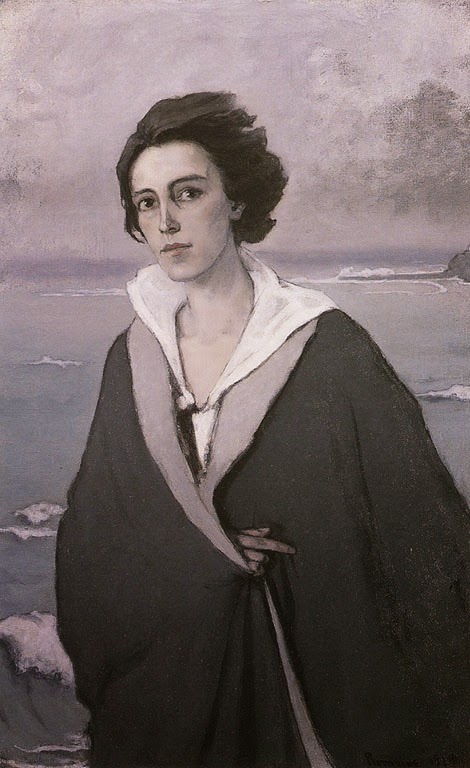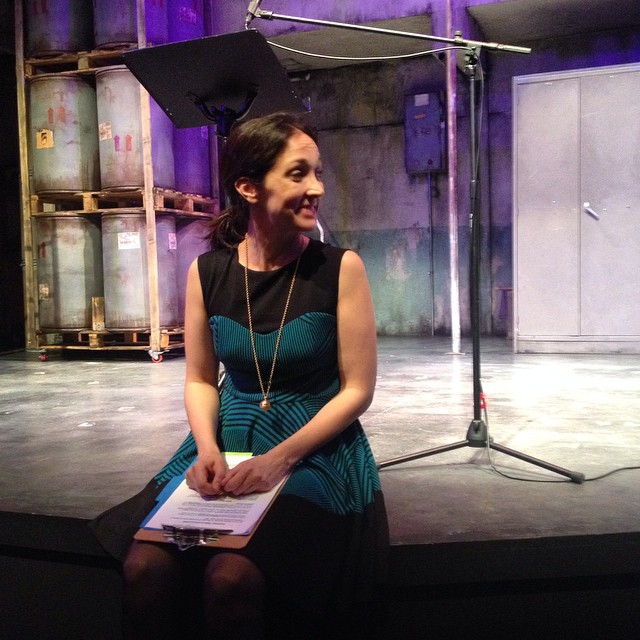
I’ll be taking part in the inaugural showcase of So Say We All’s Veteran Writers Program, featuring men and women across several generations of military service detailing the poignant, surprising, and darkly funny struggles, missteps, and unforeseen pitfalls that come with transitioning from military to civilian life.
This event will be held on December 6, 2014 from 6pm to 8pm at the Oceanside Library 330 N. Coast Highway in Oceanside, CA. I’ll do a multi-media presentation of a salty story form my past and sign books after the show.






 For its 48th installment,
For its 48th installment, 
